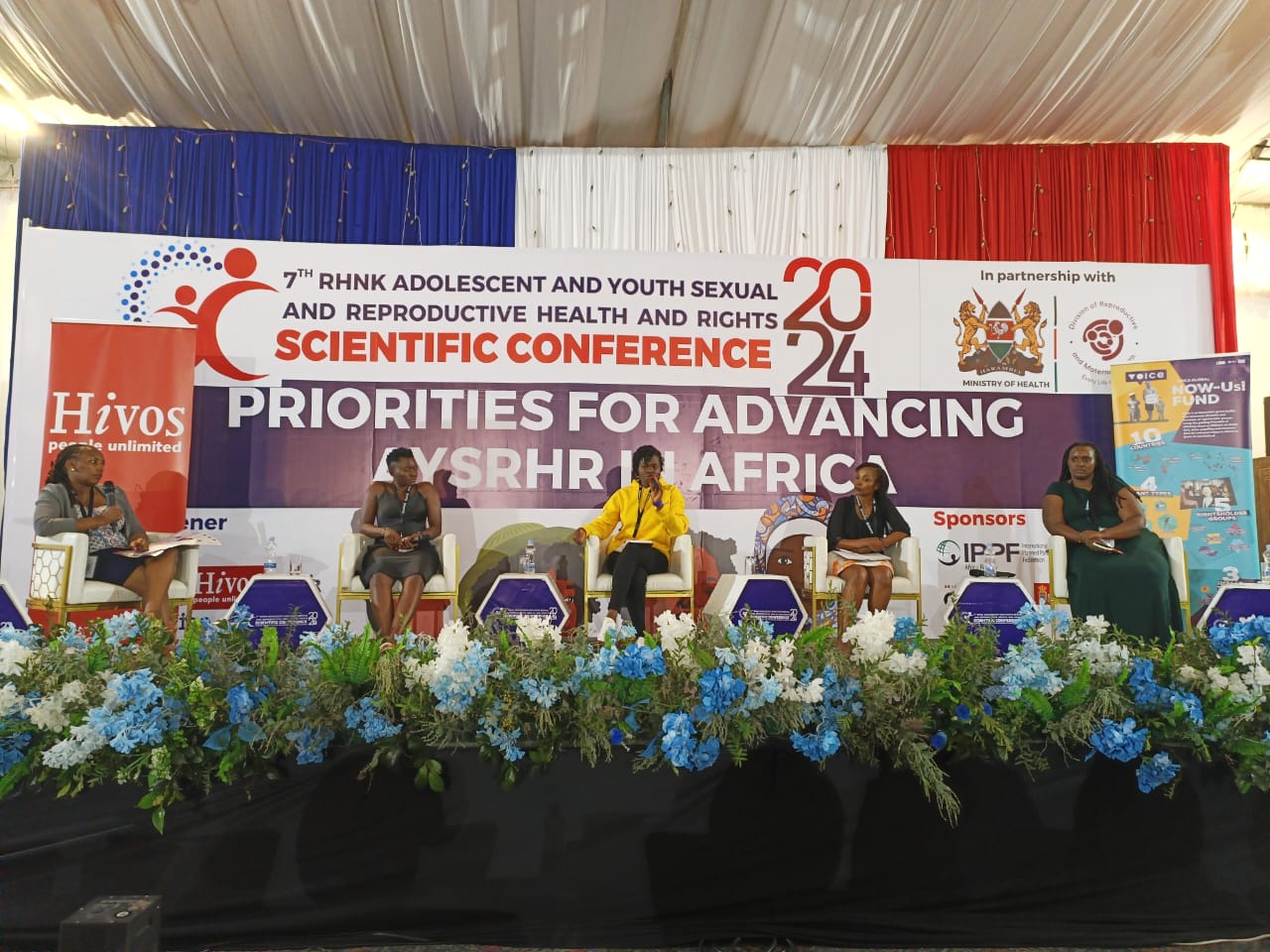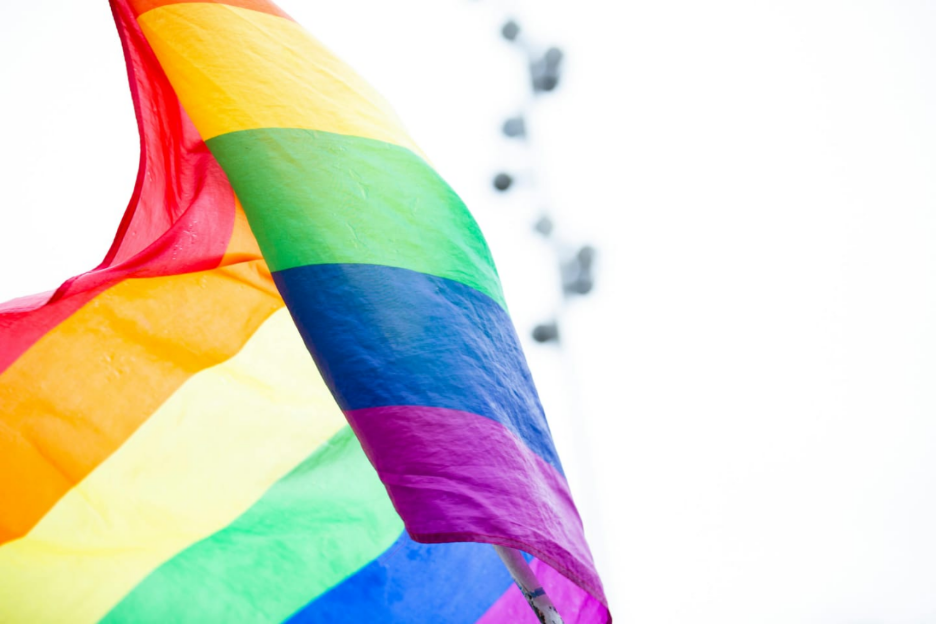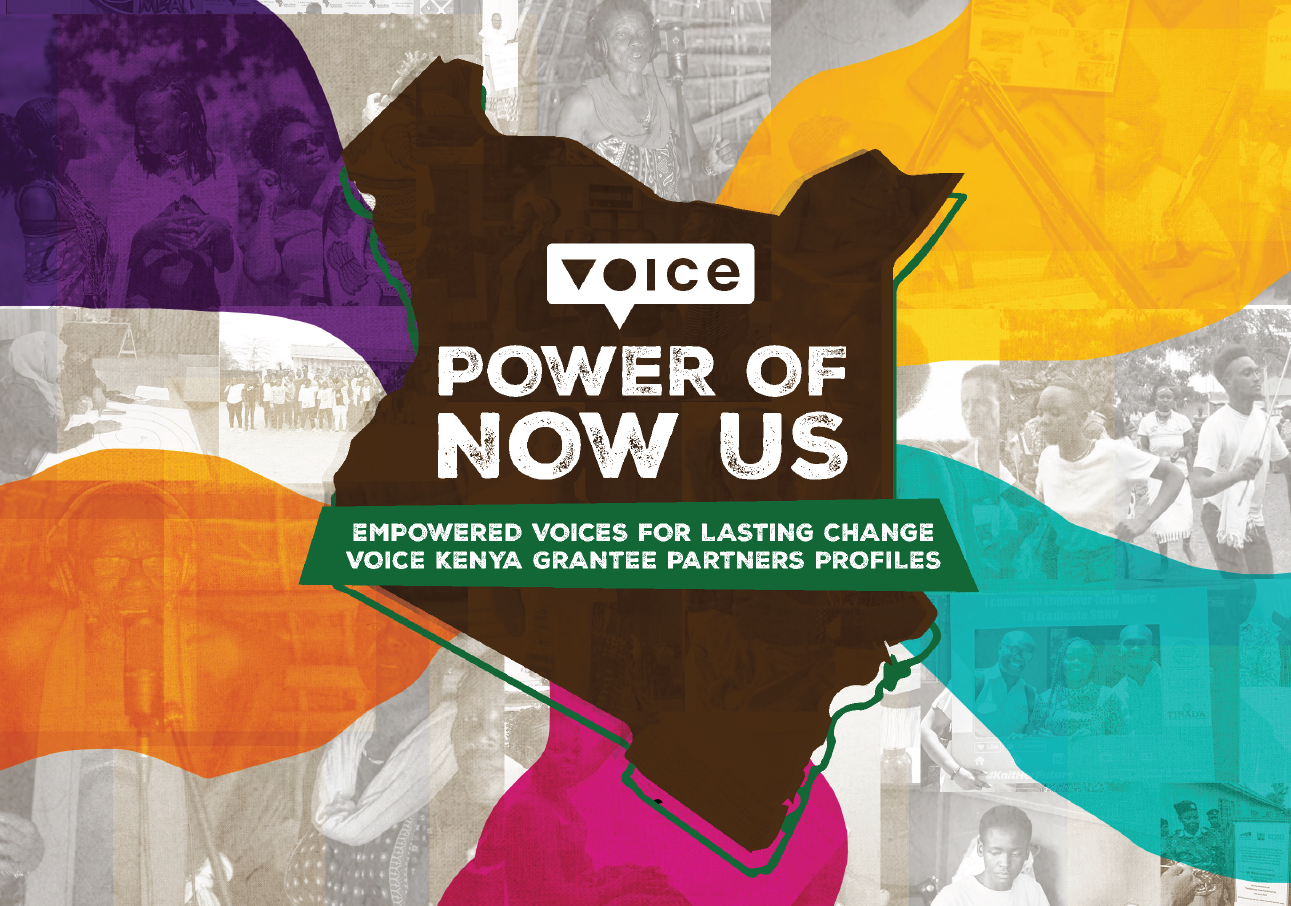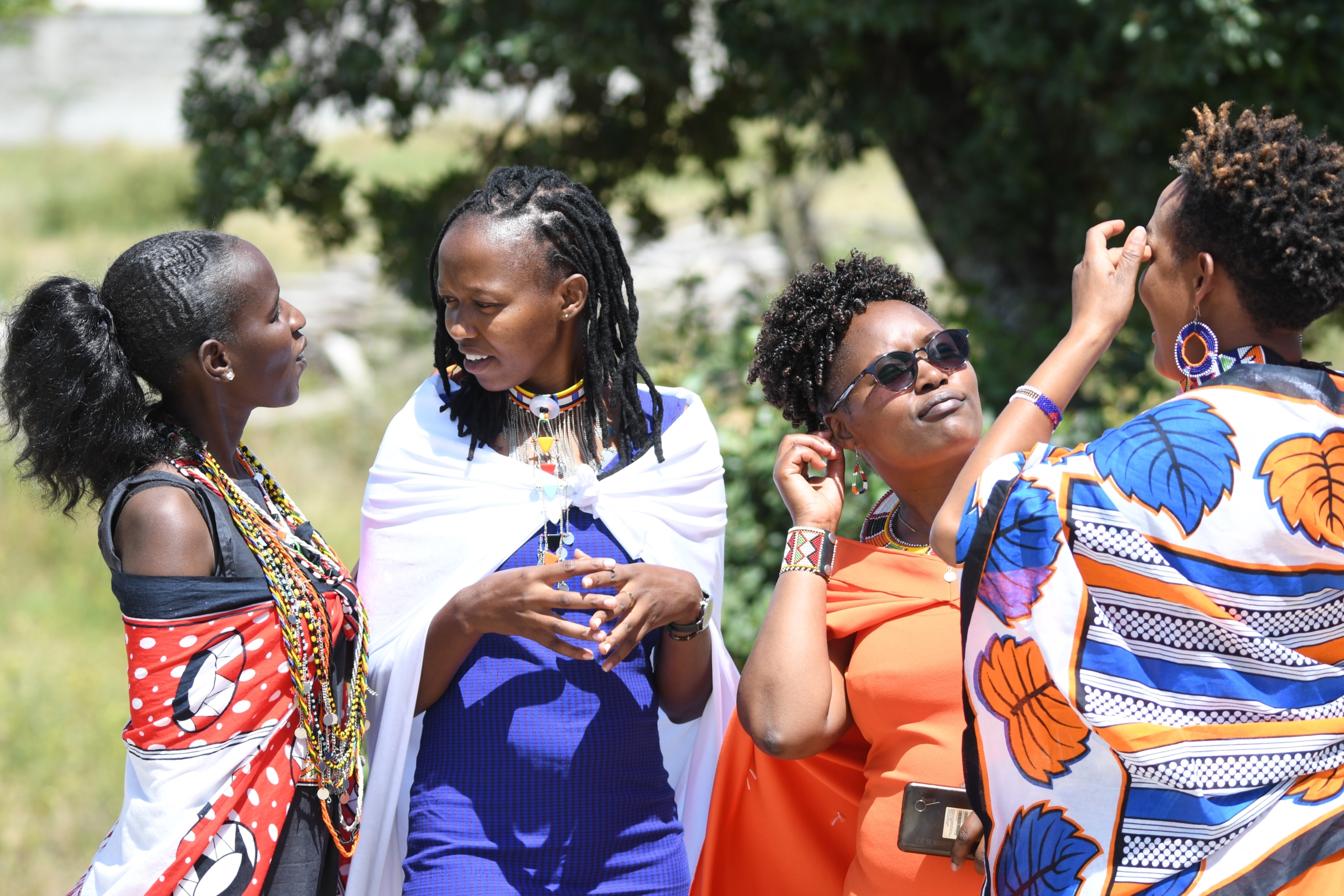Closing the loop: Giving feedback to unsuccessful applicants
“It is rare to find donors giving feedback on proposals that were not successful. This is a great initiative to allow us to improve for the next round of applications”
Magdaline Kaitei, EIDO
Having identified gender-based violence as a global cross- cutting issue within Voice, in Kenya it affects women at disproportionate rates through so-called Harmful Traditional Practices (early child marriage, female genital mutilation, beading etc). While this rampant issue needs strategic tackling, Voice realised that the interventions by applicants were isolated, questioning why despite the championing and dedicated efforts for mitigation, the issue seems to still be a constant barrier for women and girls in indigenous communities.
Working together with the Nottawasaga Institute (NI), Voice is committed to strengthening the capacity of informal organisations to address some of the key challenges faced by indigenous communities, particularly Harmful Traditional Practices (HTPs) and gender- based violence. We do this by organising regional fora that provide a platform for organisations to identify the underlying causes of the inability to access productive resources, common capacity gaps, to develop strategies for addressing these challenges, and an opportunity to network and collaborate in joint action to mitigate the prevalence of HTPs.
To kick us off, Kajiado had the 1st regional forum at the NI offices in Nairobi, with three organisations from Kajiado; (1) Ewang’an Nadede Advocacy Initiatives (ENAI), (2) Forum for Women in Development, Democracy and Justice (FOWODE) and (3) Emayian Integrated Development Organization (EIDO). They had previously applied for Empowerment Grants, but were unsuccessful. Despite working in the same area, the three organisations did not know each other or that their work focused on the same geographical area, tackling the same issues. During the discussions, it emerged that there were several common areas of focus; (i) Economic Empowerment of women (ii) Reducing Harmful Traditional Practices (iii) Enhancing Participation in Decision-making (iv) Behaviour change amongst men and even women in the communities (v) Access to Information and (vi) Access to and Management of Natural resources by the women in the community.
After a full day of brainstorming and in-depth conversations, the three organisations left the forum feeling encouraged and motivated to think more strategically for their interventions either as a collective or more focused individual planning.
The other forums will take place in Nakuru, Narok, Marsabit and Isiolo with a culmination in Nairobi for the proposal development write-shop in March.









